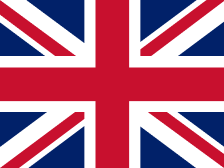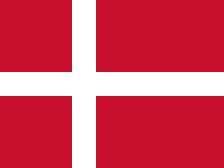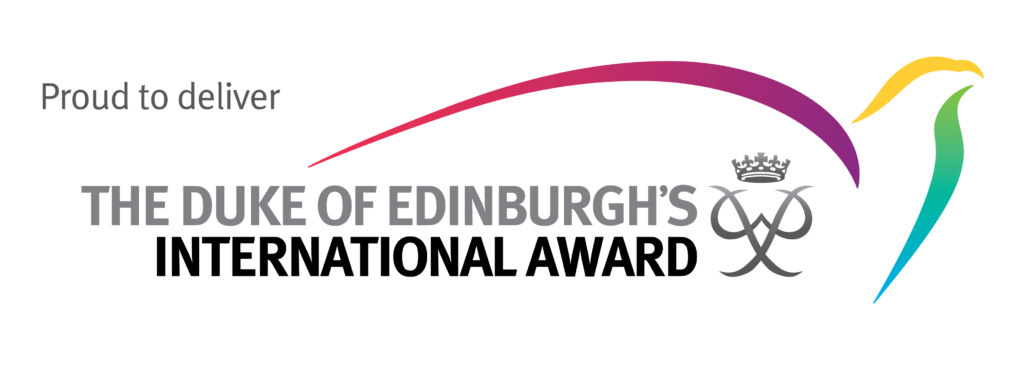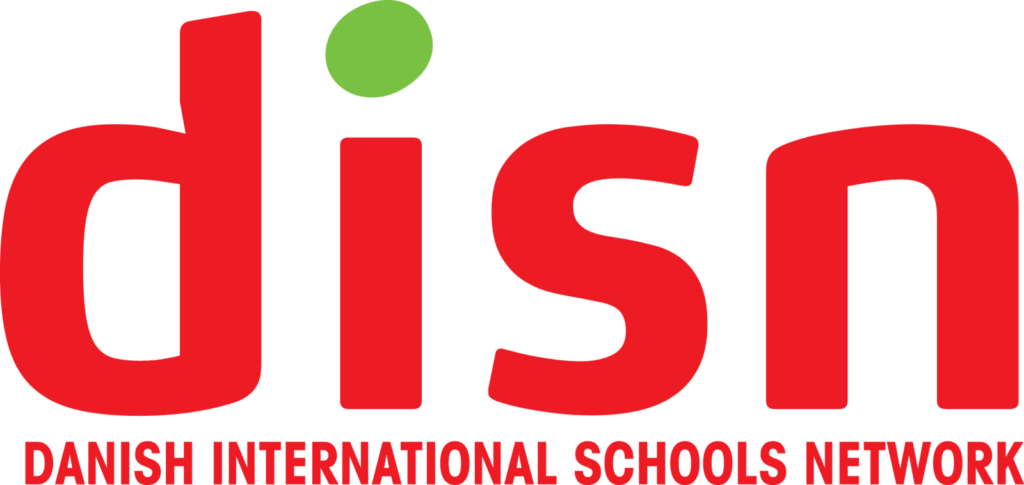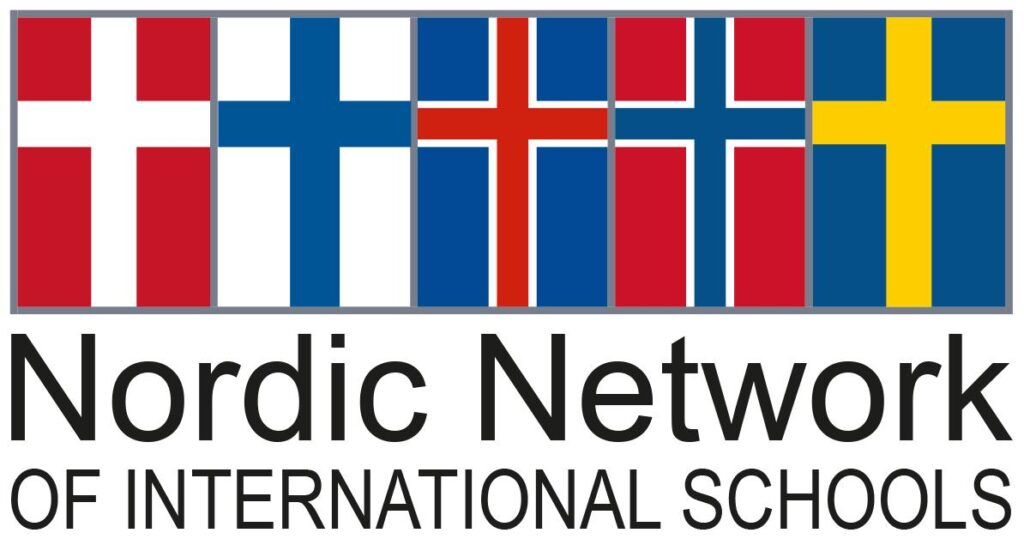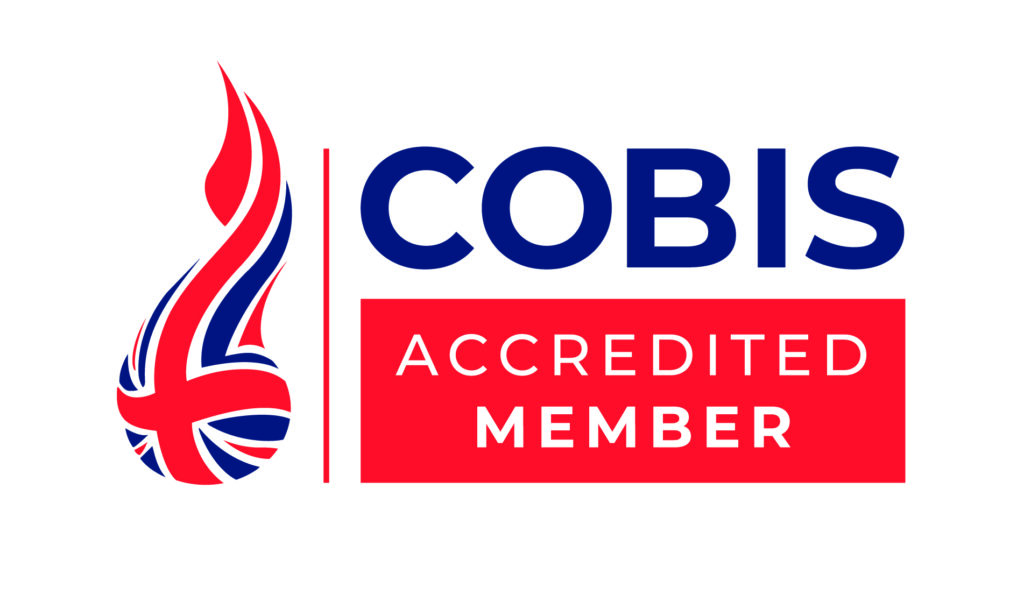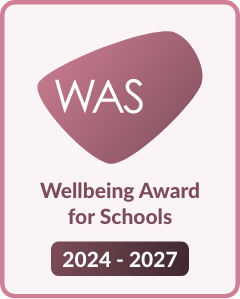Code of Conduct
The Code of Conduct at Rygaards School aims to ensure a good working climate, characterized by a mutual respect between children and adults.
Rygaards School is our shared workplace. For everyone to thrive, we need to have a good working climate, characterized by a mutual respect between children and adults. This includes respect for each other’s cultures and properties, as well as respect for the school and all that belongs to it.
All pupils and employees share, in cooperation with the parents, a common objective, namely to direct their efforts towards the school’s goals, vision, and mission. Practicing respect, equality, and tolerance through words as well as actions, will help make the school a safe place, and all are expected to contribute actively towards this.
In practice this means that:
- Everyone must show respect towards one another, so that no one is subject to degrading or offensive behaviour.
- A person’s commitment to learning and making the most of the educational opportunities given must not be restricted, or impeded in any way by disrespectful or intimidating behaviour by others.
- Everyone accepts responsibility for his/her own behaviour and shows due regard for others, both on and off the school grounds.
A pupil’s evasion of the school’s Code of Conduct can lead to:
- A dialogue with the pupil followed by a written note sent to the home.
- A dialogue between the pupil, the parents, and the leadership, at which an agreement is signed.
- Suspension for a shorter or longer period.
- Expulsion in serious cases.
The school alone decides on the consequence resulting from a breach of the Code of Conduct.
Teachers should sit with their classes for the lunch break. When the bell rings at 11:50 the teacher dismisses the class, opens the windows, and leaves two monitors in the classroom to wipe the tables, sweep, empty the bin and take the milk and food bag back, closing the classroom door as they leave. At the end of the last lesson, the teacher is responsible for making sure the children have put the chairs up, the monitors have swept the floor, the windows are closed, the lights are switched off and the door is closed.
All students should go outside directly at break time (except Y10 and Y11). The children in the Annex remain in the Annex area. Reception class and Y1 have staggered play times, where they use the playground by the New Gym as well as the “Forest”.
- Y2-Y5 and the 4th grades should use the playground by the New Gym, the “Forest,” the court area behind the New Gym and the climbing wall.
- Y6-Y7 and the 5th-6th grades should use the “Four square” area and the “triangle” area by MEB.
- Y8 and the 7th grades should use the small football court and the area on the paths in front of the main building towards the park.
- Y9-Y11 and the 8th-9th grades should use the basketball court, the outdoor classroom, and the gravel area in front of the main building by the friendship bench.
- Y10-Y11 and the 8th-9th grades are allowed to stay inside during the lunch break.
- Y10-Y11 and the 8th-9th grades are also allowed to leave the school grounds during the lunch break.
- No student in the International School may leave the school grounds without a teacher’s permission.
In the event of rain, the bell will ring three times and all pupils should go in except for children in full rain gear who are allowed to stay outside. Teachers on duty should divide into those outside and those on corridor duty.
In the event of snow, children are allowed to play with the snow to make snowmen and so on but not to kick or throw snow at others. Snowballs may be thrown only inside the fence of the Basketball Court.
- Playing on the grass is allowed during set times of year when the weather permits.
- Everyone should look after the bushes and the trees, as well as the fences surrounding the lawns.
- The park is an area where people should be able to walk safely. Therefore, cycling is not permitted.
- As some children are allergic to animals, pets may not be brought onto the school grounds.
- Bicycles are one’s own responsibility and must be placed in the assigned cycle racks.
- Skateboards, scooters, roller skates and other dangerous toys must not be used at school.
- Hats and caps may not be worn indoors.
- Chewing gum is not allowed anywhere.
- Mobile phones may be brought to school, if necessary, but they must be switched off during school and SFO hours and kept at the bottom of the school bag out of sight. In Y7-Y9, mobile phones are handed to the teacher at the beginning of the school day and locked away until home time.
- Laptops are the responsibility of the owner and should be kept locked in a locker when not in use. Laptops should be used for educational purposes only and be switched off during the breaks.
- All valuables brought to school are one’s own responsibility.
At Rygaards, we have families from many different backgrounds and cultures. Our policy is to practise cultural harmony – caring for and showing respect for each other’s views. This, too, must be shown by the way the students dress. We do not wish to offend anyone’s concept of what is proper or decent. Instead, we wish to strengthen the students’ ability to choose appropriate attire that suits the occasion.
All parents are expected to support the school in upholding this policy.
To gain respect, one needs to show respect.
All rules should be respected, so Rygaards is a lovely place to be for everyone.
